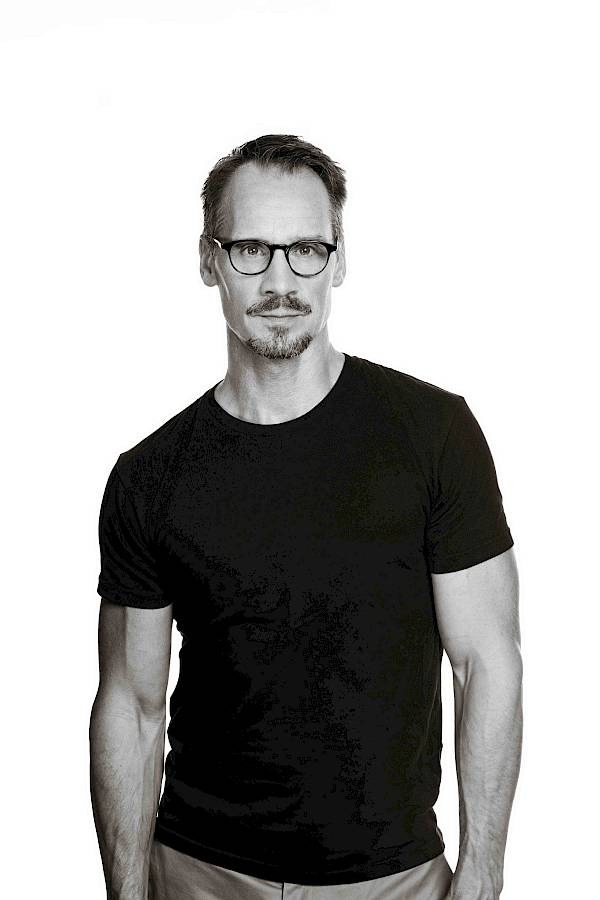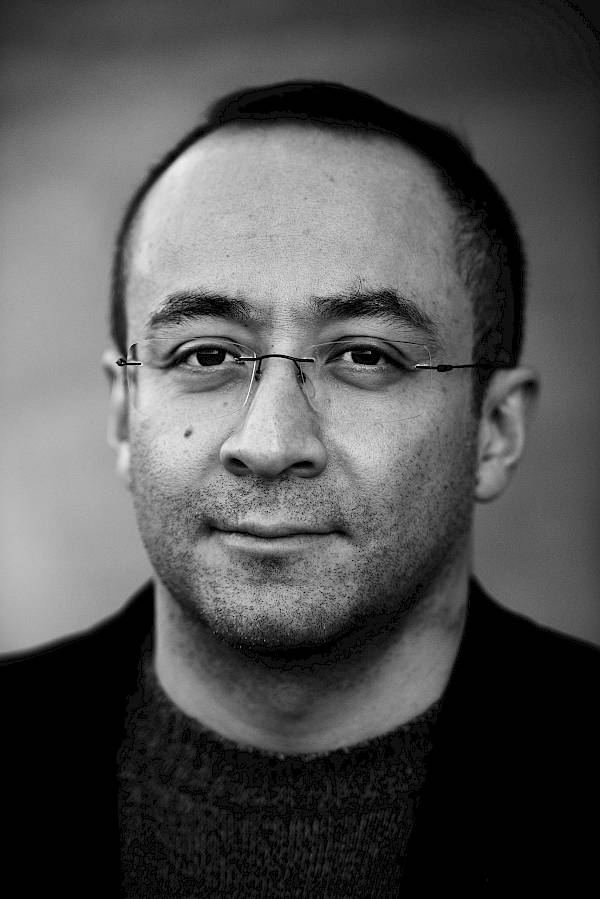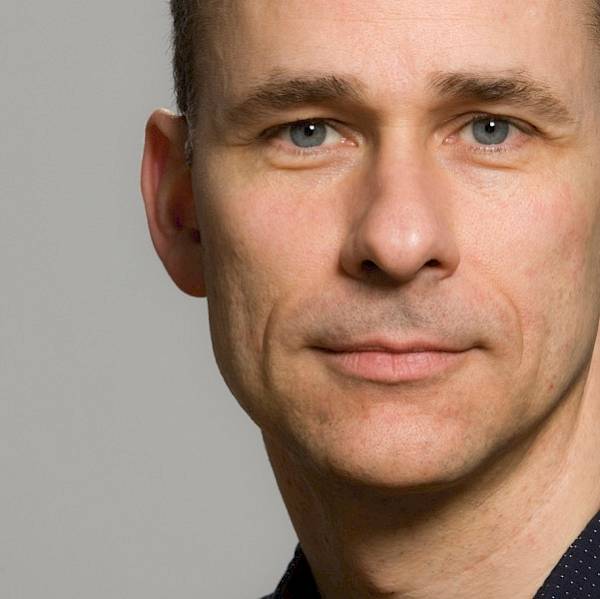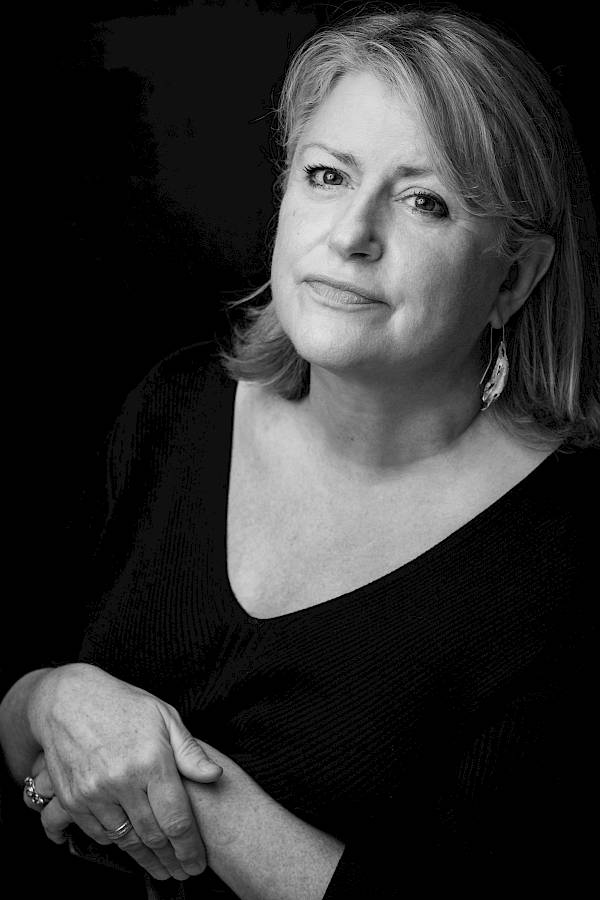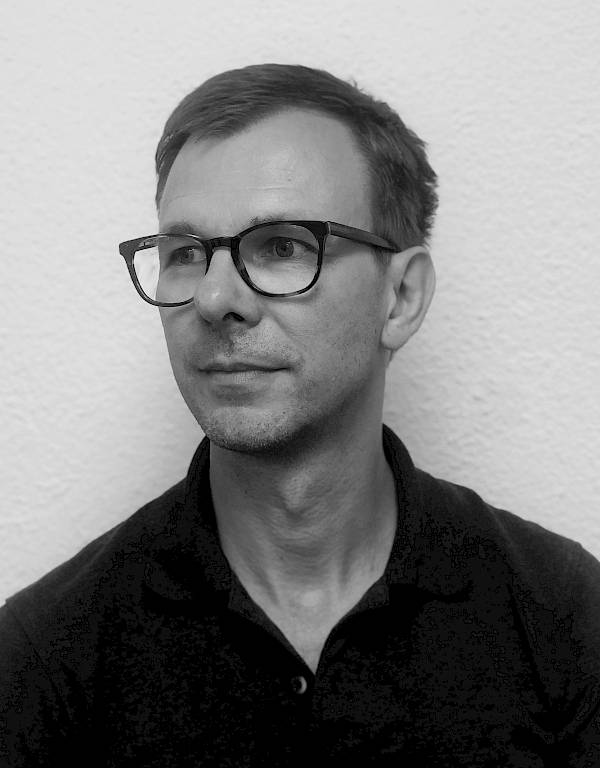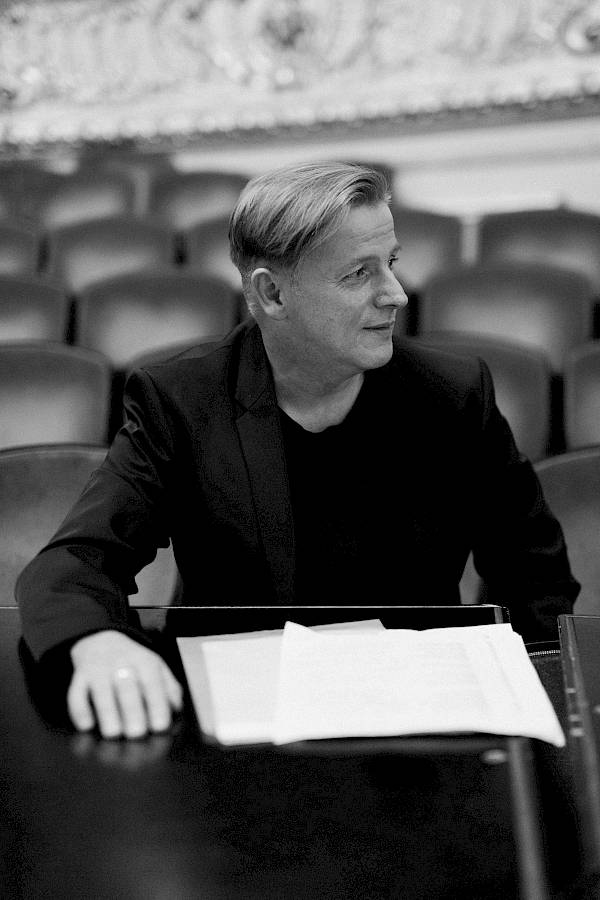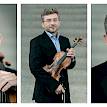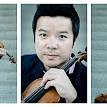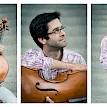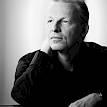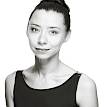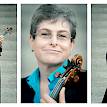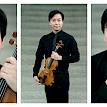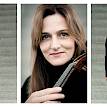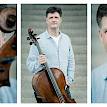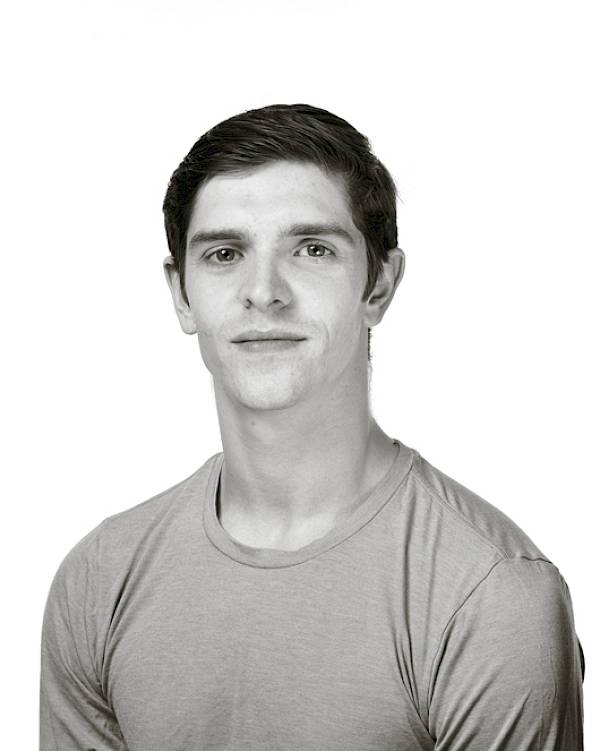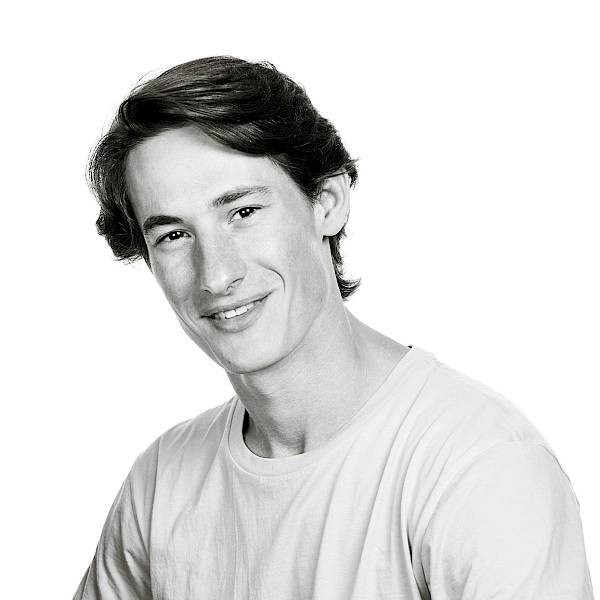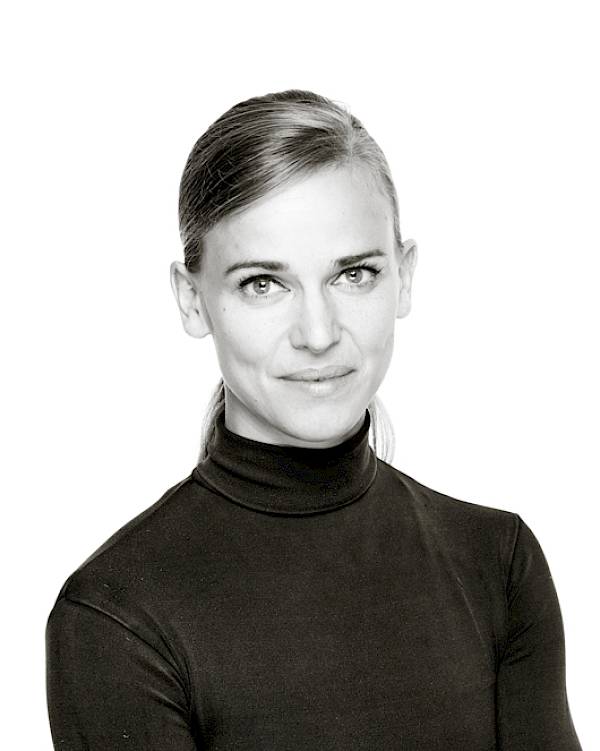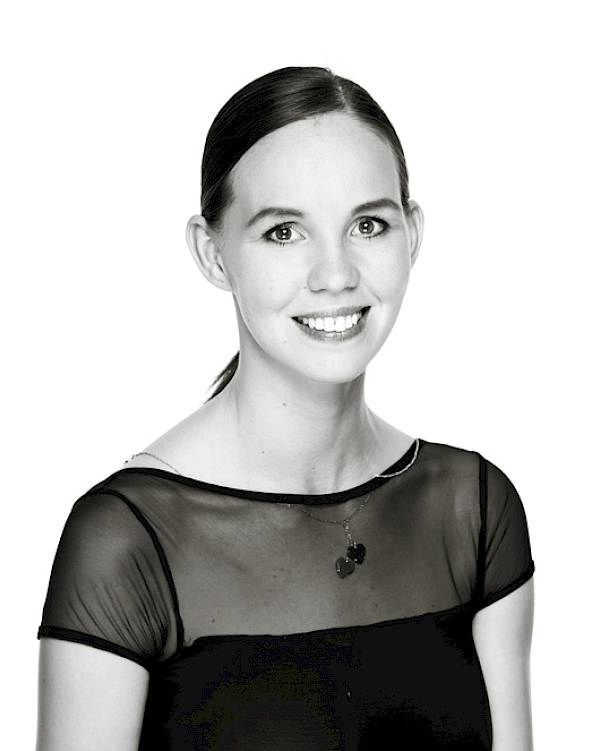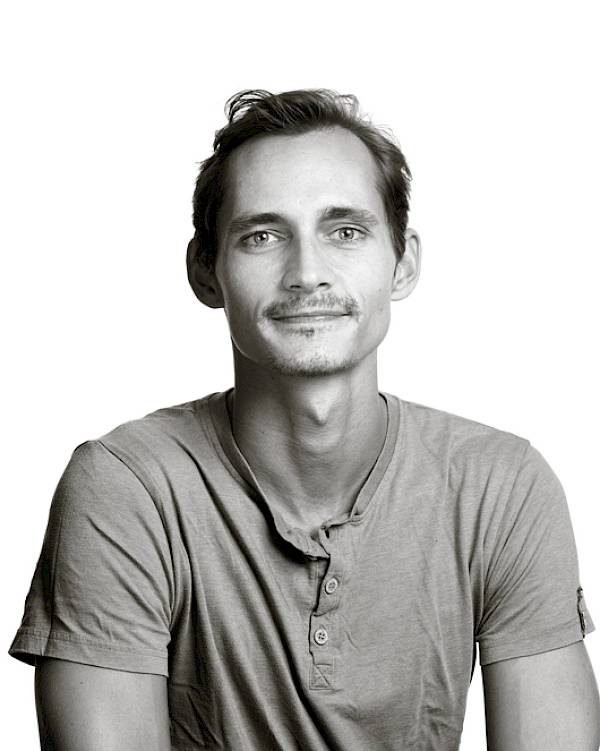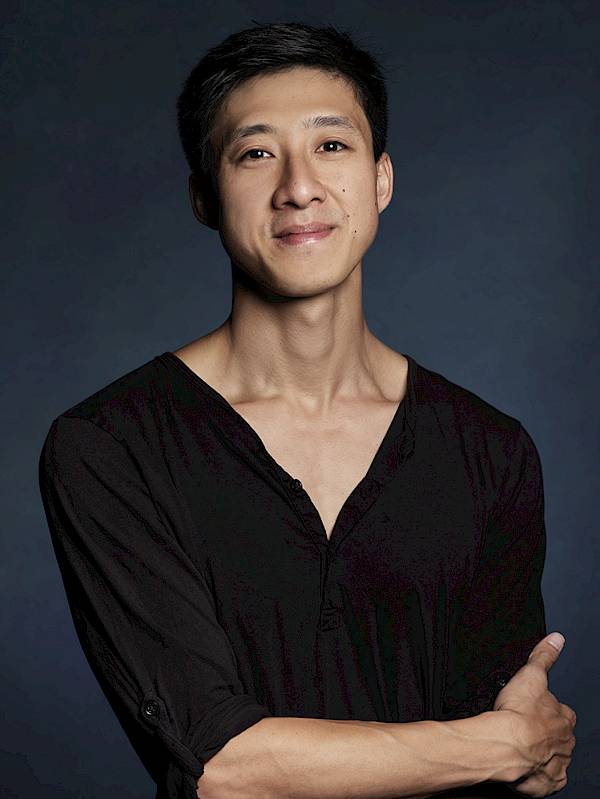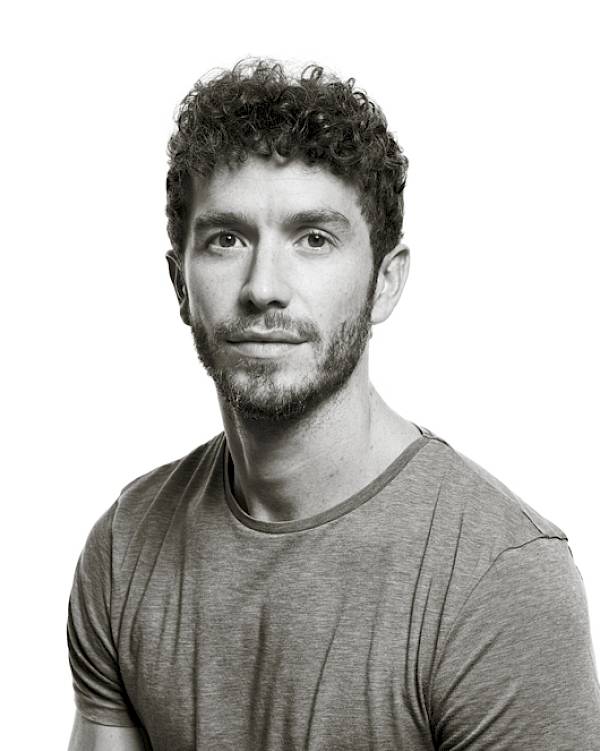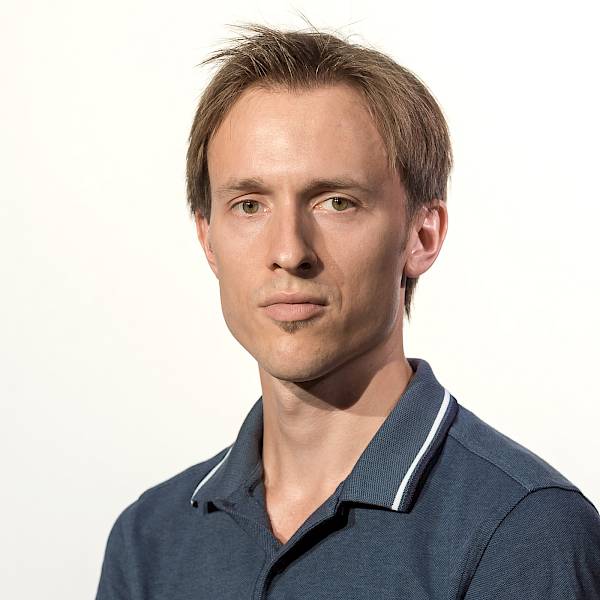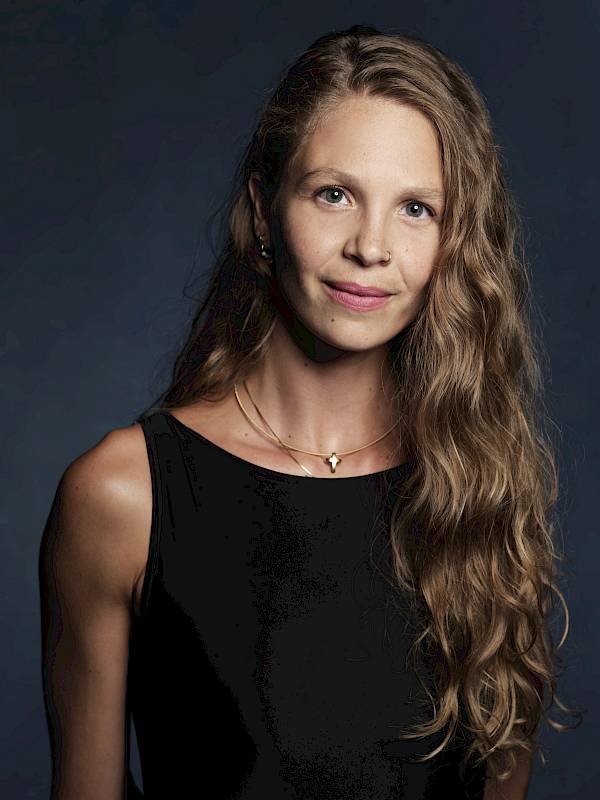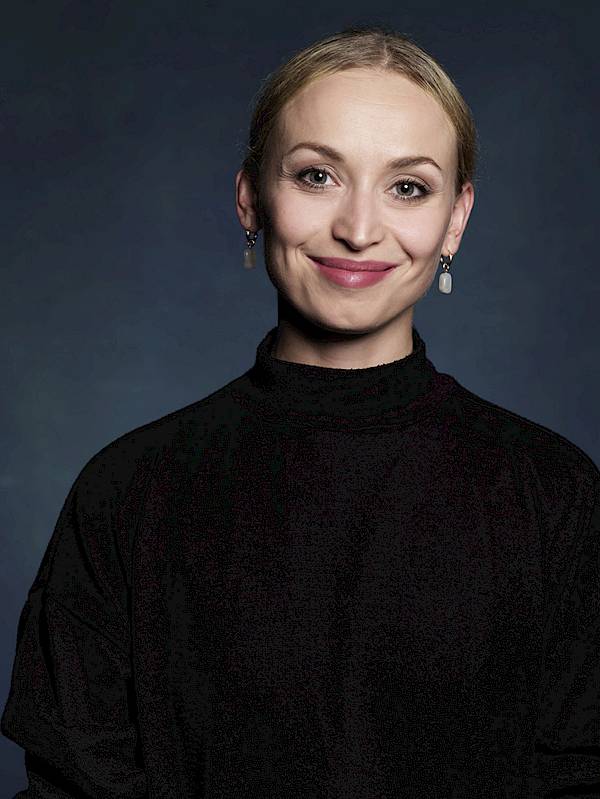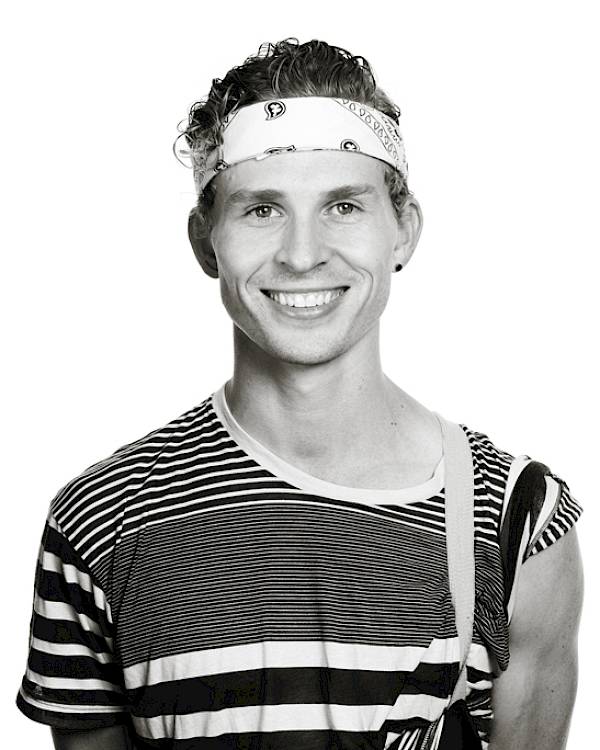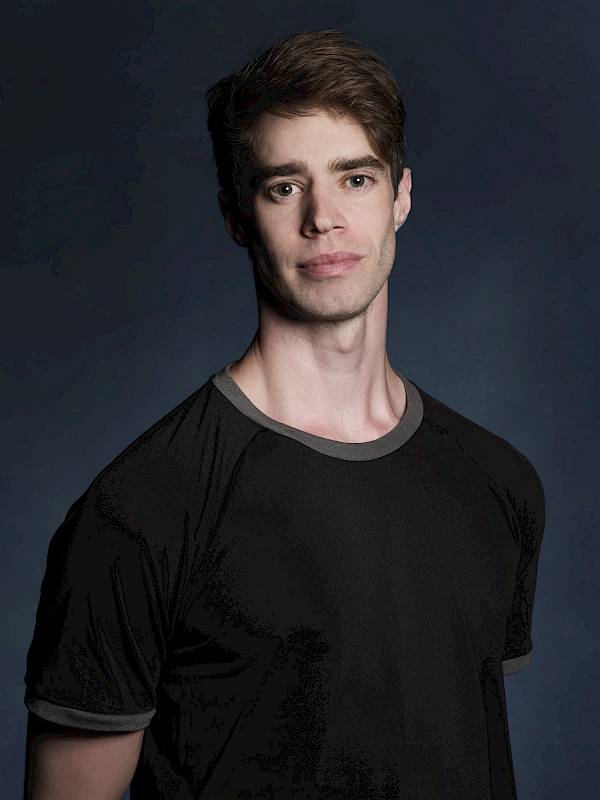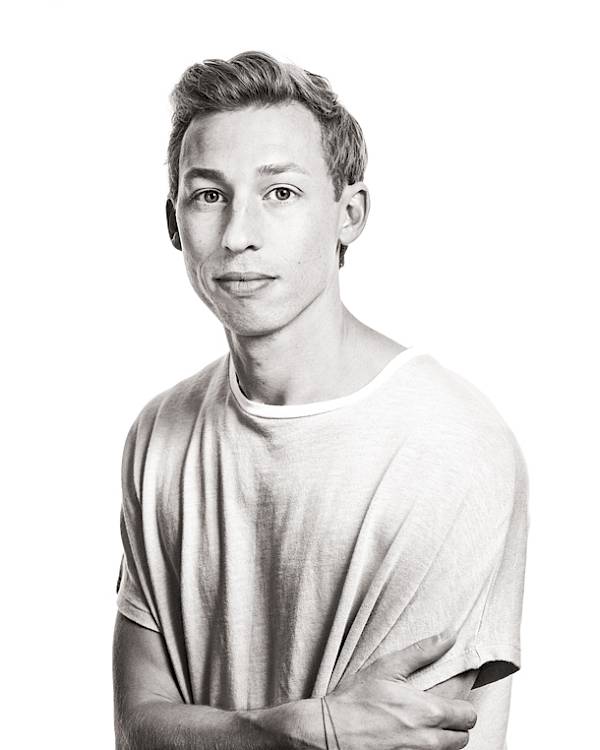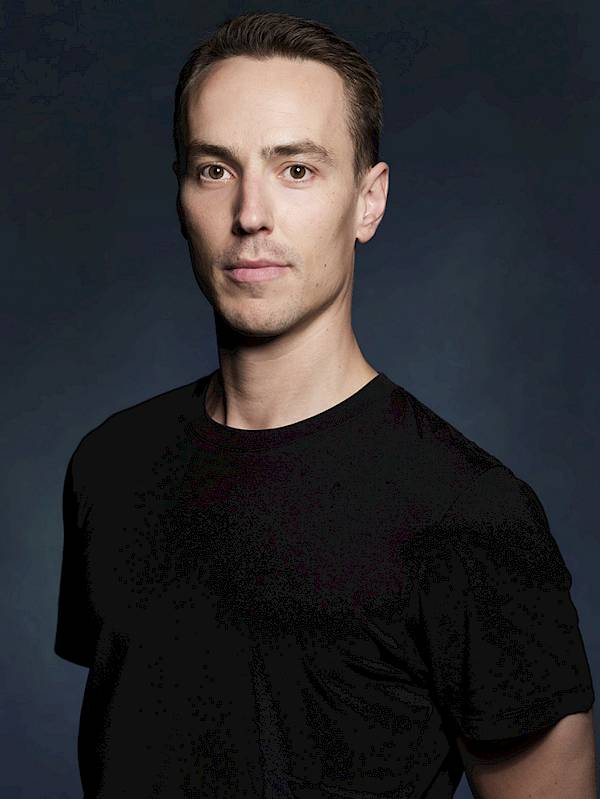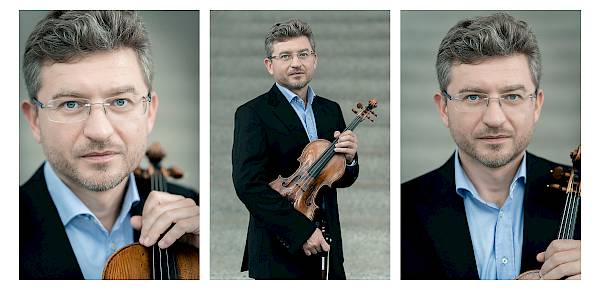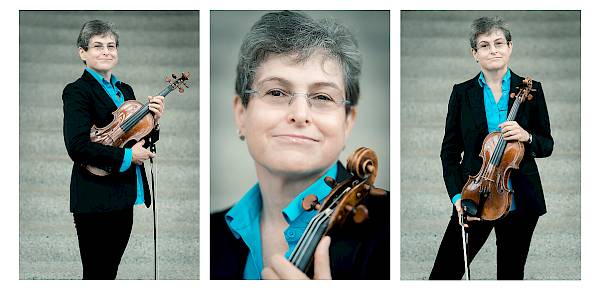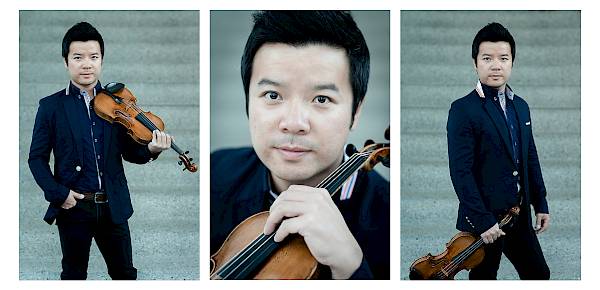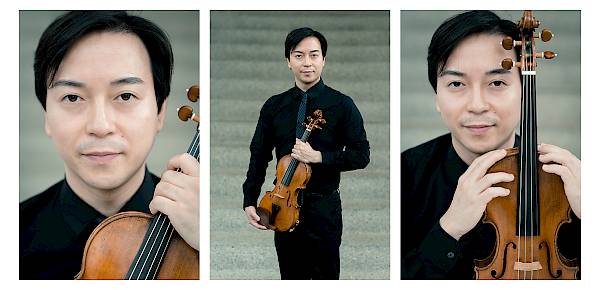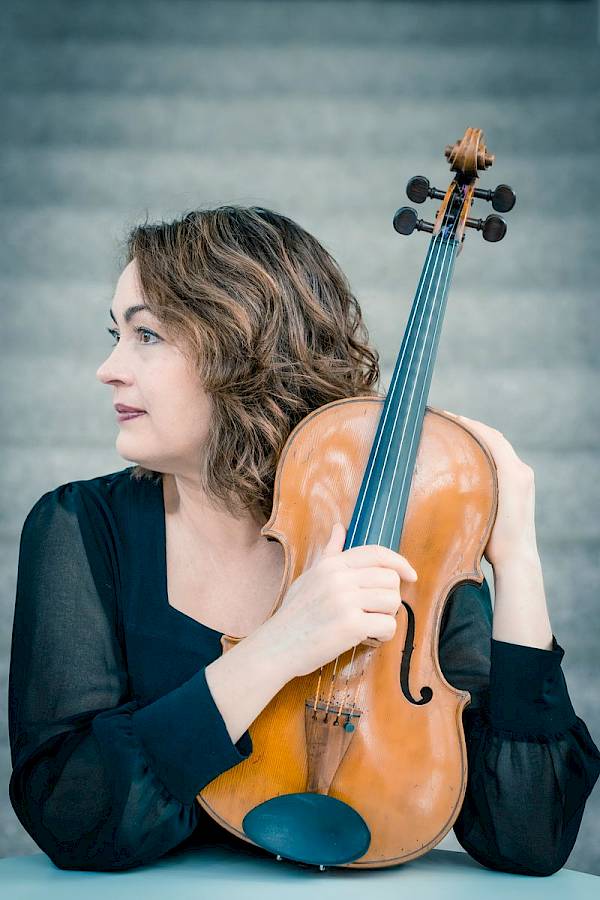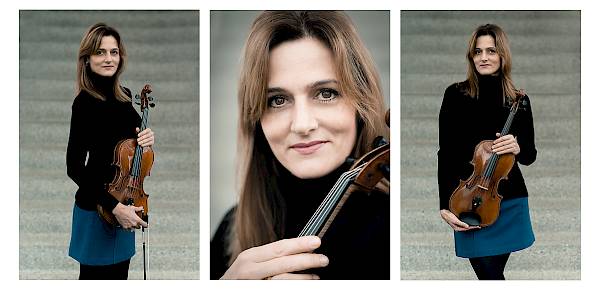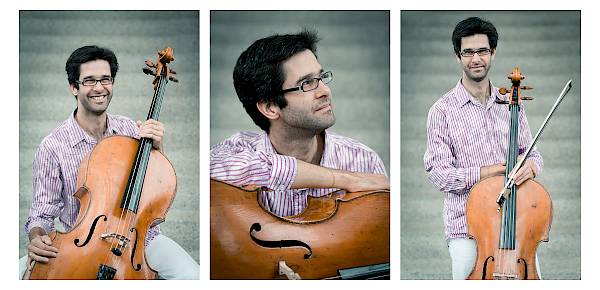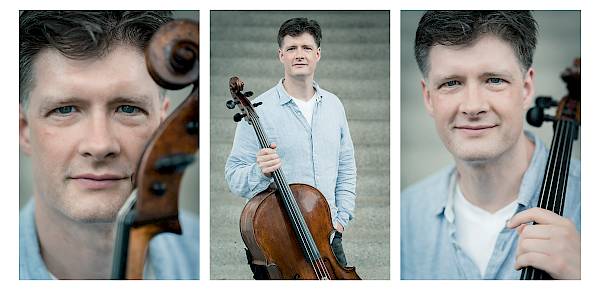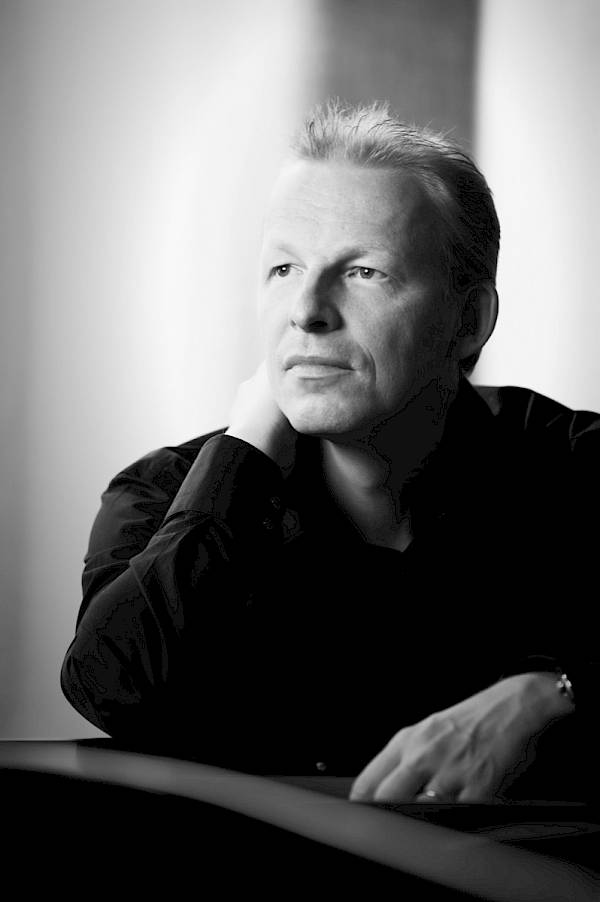Abstract
The German writer E.T.A. Hoffmann owes his reputation as a master of the sinister primarily to his novella entitled The Sandman, published in Berlin in 1817 and considered a key work of Romanticism.
Every evening when the children go to bed, Nathanael’s mother tells the story of the sandman, who tears out the eyes of children who will not go to sleep. After an encounter with an unfamiliar optician, Nathanael, now a student, is once again forced to face his childhood fear of the sandman. The figure of the wicked lawyer Coppelius, who originates from a recurring nightmare that he has had since the violent death of his father, reappears in the guise of a strange man, who attempts to seduce him with the help of Olimpia – but Nathanael’s beautiful beloved turns out to be an automaton. Nathanael’s perception becomes increasingly distorted, and he becomes entangled in a web of demonic hallucinations and illusions from which even his friend Clara cannot show him the way out.
E.T.A. Hoffmann’s short story is a deliberate spoof of the trivial Gothic novels that were so popular with readers during the High Romantic period, not only in Germany, but also in Britain. This earned him the nickname of «Ghost Hoffmann». Variations on his text also found their way into Jacques Offenbach’s opera Les Contes d’Hoffmann and Léo Delibes’ ballet, Coppélia. The duplication of optical and mental delusion that informs the story is the basis of Christian Spuck’s choreographic approach. In his Sandmann, which will be a Swiss première, he finds compelling images with which to portray Nathanael’s inner conflict, accompanied by the music of Robert Schumann and Alfred Schnittke as well as the electronic strains of Martin Donner. With an unerring instinct for the irony and fragmentation of the text, Christian Spuck interprets Hoffmann’s eerie case study as a minimalist albeit opulently expansive story in dance. The sought-after Italian conductor Riccardo Minasi will be at the rostrum.


